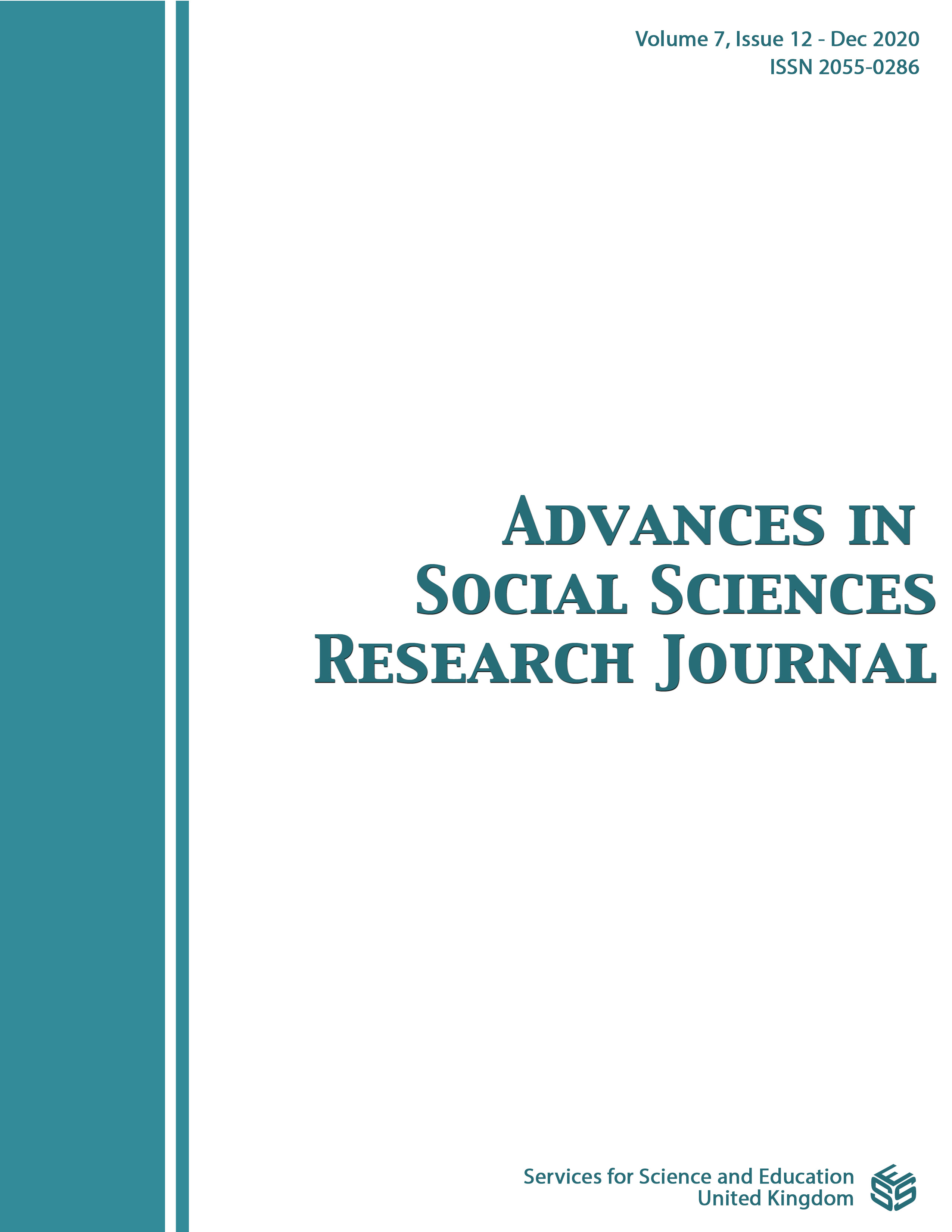Relationship Between Parenting Styles And Subjective Well-Being Of Undergraduate Youths In The University Of Port Harcourt
DOI:
https://doi.org/10.14738/assrj.712.9279Keywords:
Parenting Style, youths, subjective well-being, undergraduateAbstract
This study investigated the relationship between parenting styles and subjective well-being among undergraduate youths in the University of Port Harcourt using the correlational research design. The study was guided by five research questions and their corresponding null hypotheses. The sample for the study was composed of 400 undergraduate students drawn using the purposive sampling technique. Two instruments were used for data collection which were the parenting style inventory and the subjective well-being inventory. The instruments were assessed for reliability and validity and were shown to be suitable. Data analysis was done using linear regression and multiple regression for answering the research questions, while ANOVA associated with linear and multiple regression were used to test the null hypotheses. Result showed that authoritative parenting style had the highest independent prediction on the subjective well- being of youths, while authoritarian had the least independent prediction. On the basis of the result obtained, it was recommended that parents adopt the authoritative parenting style when dealing with their children so as to achieve an optimal state of subjective well-being.
Downloads
Published
How to Cite
Issue
Section
License
Authors wishing to include figures, tables, or text passages that have already been published elsewhere are required to obtain permission from the copyright owner(s) for both the print and online format and to include evidence that such permission has been granted when submitting their papers. Any material received without such evidence will be assumed to originate from the authors.






